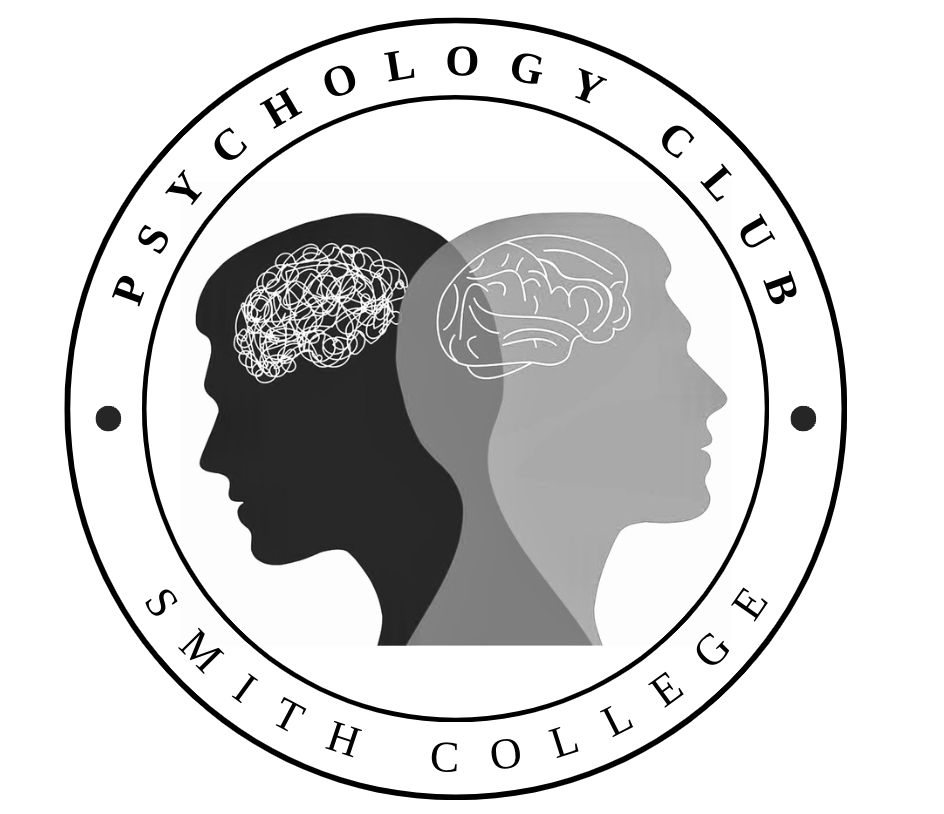Professional Development
Research
Psychology is an empirical science. Students may find that their understanding of the field is enhanced by going beyond their classroom education to engage with original research.
Curricular research: 200 level
All Psychology majors and most Psychology minors can try their hands at conducting original research by taking one of our 200-level Research Methods (PSY 202) courses. These courses provide foundational knowledge about how to do Psychology research along with a basic “hands-on” introduction to the research process.
Curricular research: 300 level
Students may seek advanced coursework in doing research by enrolling in one of our many 300-level “Research Seminars.” Research Seminars typically engage students in research procedures that are part of a faculty member’s original research. Such seminars can be a training ground to be invited to join a faculty member’s research group as a regular member.
Extraurricular research
There are also ways to get involved with faculty research outside of formal coursework. There is usually more interest in engaging in faculty research outside of the classroom than there are formal opportunities to do so. Nonetheless, it is worthwhile to approach any faculty member to express your interest in joining their research group. Faculty members may direct you to take some preparatory coursework first (e.g., Research Methods, Statistics, and/or a Research Seminar).
Volunteering
They might ask you to volunteer in their lab for a while so that they can ascertain your skills and suitability for the work. Original research can be tedious. Some students find it difficult to persist in work that they volunteer to do which can be frustrating for the faculty advisor and the student.
Becoming a paid RA
Students who demonstrate promise for being a lasting lab group member may be offered a paid research assistant position during the academic year (e.g., work study) or during the summer (e.g., SURF funding). Students who are interested in research are encouraged to explore that option early in their Smith careers.
Pursuing independent research
In collaborating with faculty members, students can propose independent research projects. Faculty advisors may not always have the capacity to take these projects on, but some common student projects include lab reports with archival data and research poster presentations.
Some students may decide that they would like to pursue an original honors thesis, which is one of the most demanding research experiences that an undergraduate student can take on. Honors theses should be discussed with prospective faculty advisors as early as possible in a student’s career. It is not unusual for students to begin discussing their interest in a thesis as early as their sophomore year. Early planning can be helpful to consider whether the thesis plans are aligned with potential obstacles such as study abroad plans and faculty sabbatical schedules.
For more questions about the honors thesis, see the Academics page.
Conferences
Student-faculty research collaborations can blossom into on-campus Collaborations posters, national conference posters or presentations, or even peer-reviewed publications.
With a Smith College email address, you can access this folder containing video interviews with Smith students about applying to, attending, and funding academic conferences.
Research slideshow
This slideshow gives an overview of why engagement with psychological research can be valuable for undergraduates and how to find jobs and internships.
Jobs and internships mastersheet
The Psychology Department at Smith College maintains a list of post-bacc research jobs and summer internships. Click here to access it.
Psychology labs in Smith College
Unlike research labs for biology and chemistry, psychology research labs in Smith College are more hush-hush. The Psychology Club was able to compile an unofficial list of research labs for psychology, neuroscience, and the humanities, as of Spring 2025. With a Smith College email address, you can access the list here.
Disclaimer: Students must keep in mind that some labs may not be looking for research assistants at the moment. Some professors may even be on sabbatical. This isn’t a definitive list of all psychology research opportunities at Smith; students are highly encouraged to reach out to professors and see what research opportunities are available. If you’re unsure on how to reach out, scroll further down to learn how to write a cold email.
Psychology labs in Five College Consortium
Some research labs at other academic institutions in the Five College Consortium are open to Smith College students. Interested Smith psychology students must reach out to professors and/or lab managers to see if they’re eligible to apply. If you’re unsure on how to reach out, scroll further down to learn how to write a cold email.
-
Here is the official list of psychology and neuroscience research labs at the University of Massachusetts Amherst.
-
Here is the official list of psychology and neuroscience research labs at Amherst College.
-
Here is the official list of psychology and neuroscience research labs at Mount Holyoke College.
Extracurriculars
coming soon… this section will be about non-research extracurriculars, volunteering, community involvement, etc.
Additional guides
Vault Guide to Social Service Jobs
Thanks to the Lazarus Center for Career Development, Smith students have access to the Vault. This up-to-date career library includes career guidebooks for a variety of industries, blog posts about topics ranging from job interview tips to perfecting your cover letter, and internship rankings for each industry.
The Vault Guide to Social Service Jobs, Second Edition contains key information about social service jobs, including common job responsibilities, typical salary ranges, required certifications, tips for entry, and so much more.
With a Smith College email address, you can access a PDF copy of the Vault Guide to Social Service Jobs, Second Edition for your perusal. You’re also welcome to access the guide on Vault.
How to: Write a CV
Here is a link to a sample CV template
How to: Send cold emails
Funding for Psychology Students
How to: Write a cover letter
coming soon…
How to: Request a letter of reccomendation
coming soon…
Tips for interviews
coming soon…
